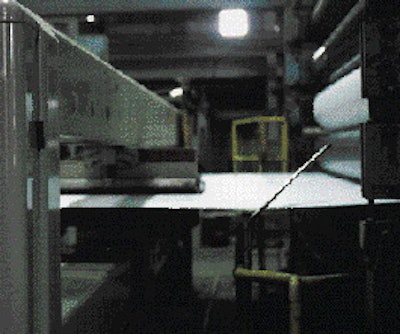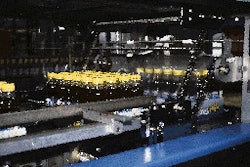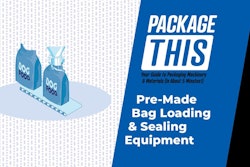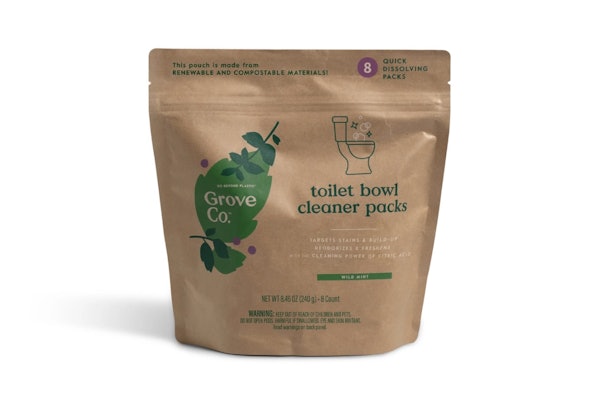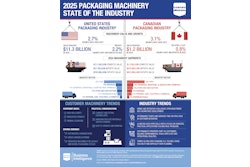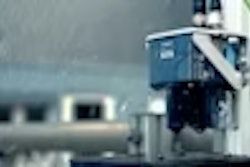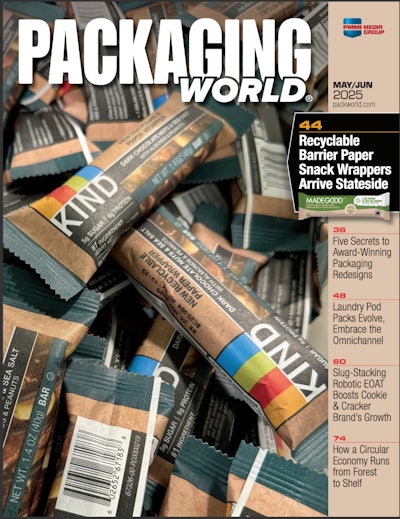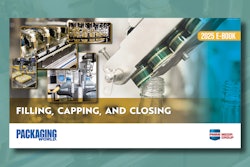Green Bay Packaging's Morrilton, AR, paper mill is flourishing today, thanks in part to a refurbished boiler that burns wood waste. Burning the wood waste generates the steam to drive equipment in the plant. The steam is used to help "cook" pulp and to dry paper. The plant produces about 1걄 tons of linerboard (primarily mottled) each day, in basis weights from 26# to 69#. The liner material is used to make corrugated board. About 80% of it is sold to Green Bay Packaging's own corrugated box plants, the balance to other boxmaking plants.
The refurbished boiler went onstream in March 1998. Before that, "it was a recovery boiler, then a poor man's bark boiler, with no state-of-the-art wood-burning technology," states Bruce Netherton, vice president of engineering and expansion at the Morrilton plant, which is located about 45 miles northwest of Little Rock. Refurbishing, including replacement parts such as hydrograte furnace floors that vibrate to shake out ash from the process, fur-nace walls, superheaters and air heaters, was completed by the boiler's maker, Babcock & Wilcox (Barberton, OH).
"Had we not refurbished this boiler, we would have had to make the choice of using more natural gas or continuing to put the mill at risk of interrupting production by using antiquated equipment," he says. "We still would have been in business, but without a tax credit, we would have had to make such a large capital investment that we would have had a negative return, which could have sent our decision back to burning non-renewable fossil fuels."
Other than the boiler, Netherton says the mill is quite modern. But it wasn't economically feasible to upgrade the boiler until August 1996, when Congress and the President extended Section 29 of the Internal Revenue Service's Tax Code for Alternative Fuel Credits. That created a tax credit "that provided enough economic incentive and return for us to have the boiler rebuilt," says Netherton.
Saves businesses, jobs
Green Bay Packaging believes the project is unique in that it uses the principle of gasification in burning wood waste as a fuel source for steam energy production rather than non-replenishable natural gas.
While the plant's use of wood waste provided the Morrilton mill with significant economic advantages, it quite possibly prevented some local sawmills, furniture and other wood-workers from folding their businesses.
According to a Green Bay Packaging press release, without an outlet for their waste wood, 63 companies in northwest Arkansas may have had to shut down or curtail their operations. There is no accurate way to determine how many jobs and lives would have been affected by potential plant closings.
"Combining this fact with the increased job security provided to [our] paper mill workers," says the release, "the wood waste-fueled/gasification/boiler project becomes an environmentally sound, financially strong and community-enhancing project."
Netherton explains that the mill purchases wood waste from these companies, paying anywhere from $6.50 to $8.50/ton. The companies pay for freight.
"Many of these companies are small and privately held," he notes. "They don't have the capital to invest in equipment to handle their wood waste. Plus, environmentalists pressure these companies to avoid storing wood waste in open piles because of the possibility tannic acid could leach out. So we're a disposal source for them."
Recognizing benefits
As a result of the refurbished boiler, Green Bay Packaging's Morrilton mill now enjoys several benefits. Among them:
* A continuous steam capacity of 250ꯠ lb/hr, up from 100ꯠ lb/hr
* A reduction in NOx emissions to one-third of historic limits
* The diversion of 336ꯠ tons/yr of wood waste from landfills
* A reduction in natural gas consumption that avoids the production of greenhouse gases by a minimum of 156길 tons/yr in CO2 equivalents.
The upgraded unit is one of five steam-producing boilers at the plant. It stands 140' high (nine stories) and 20' square. "The refurbished boiler replaced a lot of natural gas we might have otherwise had to use," says Netherton. "If we weren't making these BTU's [British Thermal Units] from wood, we would have had to make them from gas or other fossil fuels."
The mill's efforts were recognized in May by the American Forest and Paper Assn. (Washington, DC). AFPA honored the Morrilton plant with a first-place award for Energy Management and Innovation for 1998.
